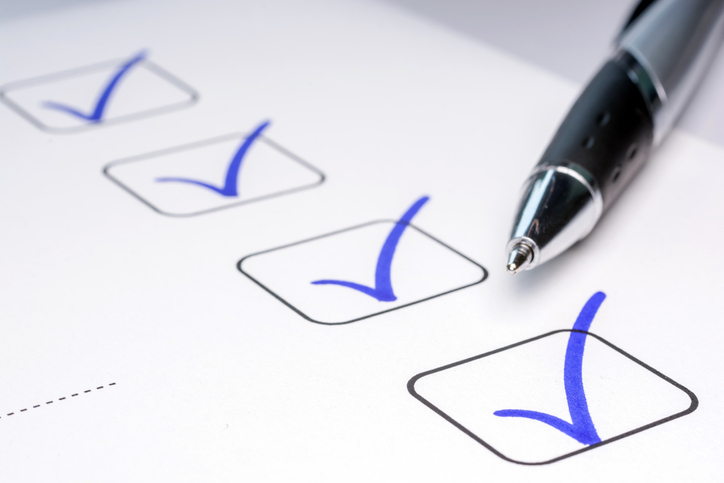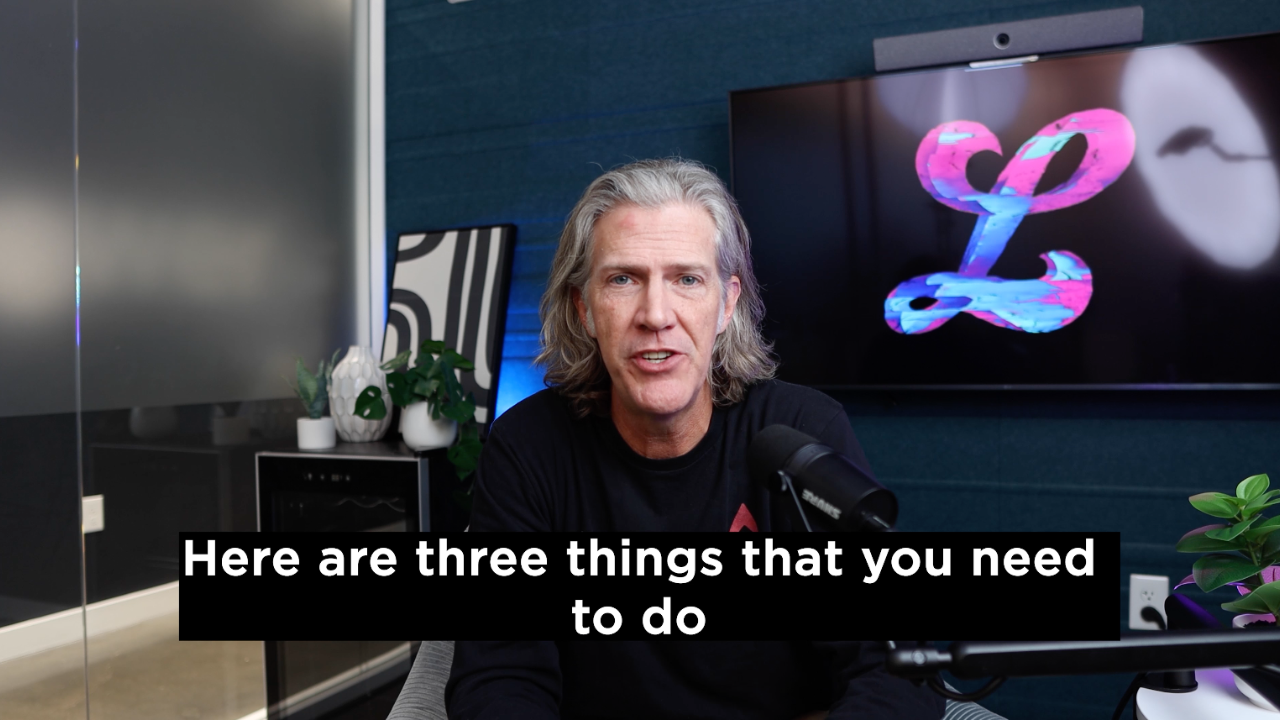What's a Home Inspection?
A home inspection is quite simply an exploration and assessment of the entire home and its various apparatus (i.e., boiler, heating/cooling systems, etc.) by a trained professional. If the home inspector does find problems within the house, you have a couple of options to move forward. You can ask the seller to fix such issues on their dime before you move in, or you can ask the seller to lower the home price. And lastly, you can cancel the sale if there is a problem that cannot be remedied to your satisfaction.
To be clear, this is very different from a home appraisal. Most often, a home inspection happens immediately upon an offer's acceptance. The appraisal occurs further down the line after the buyer and seller have signed the purchase agreement, and the home officially goes into escrow. The mortgage lenders do an appraisal, and its sole purpose is to establish the home's worth. Lenders look at the property value and general condition of the house to make their assessment. A formal home inspection is a much more thorough examination. As the buyer, the home inspection is on your dime, as it serves as protection against buying a damaged home.
Home Inspection Contingency
A home inspection contingency clause states that the leverage of the home is dependent upon the outcome of the home inspection. It can be added to a real estate contract so that buyers can negotiate the repairs or price of the home with the seller. The clause also gives the buyer the right to cancel if need be.
Once your home inspection contingency has been added to your real estate contract, the home inspection needs to be scheduled. This allows time for any follow-up inspections as well. For instance, if the inspector finds a problem with the heating system, you're responsible for contacting a professional to come in for a more in-depth look and advise what needs to be done to get it fixed. If the seller refuses to pay for what needs to be repaired, or they won't lower the price of the house, you, the buyer, have the right to cancel the sale per your home inspection contingency.
Choosing a Home Inspector
If you have a real estate agent, chances are they have a home inspector whom they have used repeatedly and will recommend. Ensure the inspector is bonded and insured and that the company solely does inspections. The inspector should not do any renovations or repairs, and this promises that the company isn't finding things wrong with the house to charge you for expensive repairs.
When making the appointment, have them clarify what the inspection includes, how long it will take, as well as a list of what they'll inspect. Also, make sure you discuss a price before the inspection and any other inspection you may want.
Home Inspection Day
You should be present during the home inspection and not just leave it up to the inspector. You want to be 100 percent involved in assessing any damage and/or repairs. Make sure that you ask questions to lead to more useful information about your home. While an inspection report catalogs any issues, open dialogue with the inspector is very informative.
On inspection day, expect a lot of minor issues that will come up. However, you want to be concerned only with any problems that would stop you from going through with the sale.
Home Inspection Report
Your inspector will fill out a detailed report about their findings of your potential new home. You know you have a good inspector when they thoroughly take you through the report. While there will be quite a few things in this report, your inspector should only focus on the most pressing issue and help you understand the difference between a minor problem and a major one.
Discounts and Repairs
If there are significant issues found during the home inspection, you could ask the seller to pay for the damage or negotiate a lower price for the sale of the house. Generally, it is best to only ask for repairs of any significant damage. The home's usual "wear and tear" is often your responsibility. Another option is to pay for the repair work yourself and then deduct those costs from the original price.
The Home Inspection Checklist
Use the list below when you accompany your home inspector through the inspection so you know what they're looking for.
Electrical Systems
- All wiring in good shape
- Service panel in good condition with all cables attached
- Secure and protected cables
- Electrical splices are not exposed
Plumbing
- Good condition of visible pipes with no damage or evidence of leaks
- No signs of rust on water heater
- Water pressure is acceptable
- Hot water temperature doesn't exceed 125-degrees Fahrenheit
Heating And Cooling Systems
- No signs or smells of gas
- Heating and air conditioning units operating well
- Clean air filters
- No open seams on flue and slow up to chimney connection
- No rust on cooling unit
Grounds And Exterior Structure
- Deck, fencing, detached garage, and shed in good condition without rotting wood or termites
- Gutters drain properly; no decay
- No standing water and drainage away from house
- No sagging of exterior walls
- No missing or damaged roof shingles
- Water drains away from the house with no standing water
- Foundation in good condition with no significant cracks
- No evidence of leaks from septic tank
- Exterior walls appear straight with no sagging
- No flaking or stained paint
- Square windows and door frames
- No cracks or damage in siding
- No damage ie, cracks in joints in bricks
- No leaks from septic tanks
Attic
- Contained electrical splices
- No staining from roof
- No damage or decay
- Insulation is installed well and sufficient
- Soffit vents and end louvers have adequate ventilation
Basement
- No moisture
- No water damage to above floor
- Sump pump in good working condition
Bathrooms
- Sinks, showers, tubs drain properly
- Toilet flushes and fills correctly
- Toilet on stable foundation and no signs of staining on base
- No leakage around shower or base of tub
- Water pressure for hot and cold water operates properly
- No water damage or other damage to visible plumbing under sink
Interior Rooms
- Smoke and carbon monoxide detectors working properly and easy to locate
- Heating and cooling vents in every room
- Electrical outlets in every room
- Floors, ceiling, walls appear level without visible damage ie staining, cracks
- Lights and switches operate adequately
- Doors open and close adequately
- Stairway risers and tread are stable
- Fireplace flue is clean and has lining
- Fireplace shows no stains or cracks
Kitchen
- Built-in appliances in good operation; including garbage disposal
- Exhaust fan working and vent to outside
- Visible plumbing under sink shows no signs of damage
- Water flow to sink operational and drains well
Now, you're ready! While it may seem disappointing to find little things wrong with a house, it's very common. Don't let that get you down. With the expertise of a great home inspector and this list, you're sure to move into your new home with confidence and excitement!

















.svg)

.svg)















